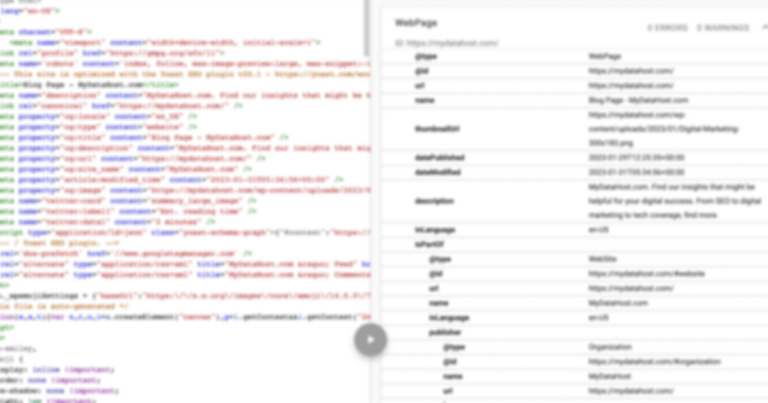In today’s digital age, having a strong online presence is crucial for any business, especially for local businesses. With the majority of consumers using search engines to find local businesses, it’s important to ensure your website is optimized for search engine optimization (SEO). By implementing effective local SEO strategies, your business can improve its visibility in search engine results pages (SERPs) and attract more potential customers.
While many of the principles of SEO apply to local SEO, there are some key differences that local businesses need to keep in mind. For example, local SEO focuses on optimizing your website and online presence to help your business appear in local search results for relevant keywords and phrases. This means that your website needs to be optimized not only for the services or products you offer, but also for the specific geographic area in which you operate.
To help you improve your local SEO efforts, we’ve put together 10 tips for optimizing your local business website for SEO. By following these tips, you can improve your chances of ranking higher in local search results and attracting more local customers to your business.
Conduct Local Keyword Research:
To start optimizing your website for local search, you need to conduct keyword research to identify the most relevant and high-traffic local keywords. Use tools like Google Keyword Planner, SEMrush, or Ahrefs to discover the keywords your target audience is using to find your business.Optimize Title and Meta Descriptions:
Title and meta descriptions are important factors for on-page optimization. Ensure that your title and meta descriptions include your target keywords, as well as your city and state. This will help search engines understand the context of your website and its relevance to local search.Claim and Optimize Google My Business Listing:
Google My Business is a free tool that allows businesses to manage their online presence on Google, including search and maps. Ensure that your Google My Business listing is claimed and fully optimized by adding accurate information, images, and videos. This will help your business appear in the local pack and maps when people search for your services.Use Local Business Schema Markup:
Local business schema markup is a type of structured data that helps search engines understand the context of your website and its relevance to local search. Use schema markup to indicate your business name, address, phone number, and other relevant information to help search engines understand your business and its location. Here’s a detailed step by step guide to implementing schema markup in your website.Build Local Citations and Backlinks:
Local citations and backlinks are important factors for local search ranking. Ensure that your business is listed on local directories, such as Yelp, Yellow Pages, and Citysearch. Also, build high-quality backlinks from local websites and blogs.Ensure Website is Mobile-Friendly:
Mobile-friendliness is an important factor for local search ranking. Ensure that your website is optimized for mobile devices and is easy to navigate on small screens.Use Location-Specific Landing Pages:
Create landing pages for each location you serve and optimize them with location-specific content and keywords. This will help your website rank higher for local search terms related to that location.Add Local Reviews and Testimonials:
Local reviews and testimonials can improve your local search ranking by demonstrating your business’s credibility and trustworthiness. Encourage your customers to leave reviews on Google, Yelp, and other relevant review platforms.Monitor and Improve Website Speed:
Website speed is an important factor for both user experience and search engine ranking. Use tools like Google PageSpeed Insights to monitor your website speed and make necessary improvements.Analyze and Monitor Your Local SEO Performance:
Finally, it’s important to regularly monitor and analyze your local SEO performance to identify what’s working and what’s not. Use tools like Google Analytics, Google Search Console, and local SEO tracking tools to track your website traffic, rankings, and other relevant metrics. Use this data to make informed decisions about your local SEO strategy and improve your website’s performance over time.
In conclusion, optimizing your local business website for SEO is an ongoing process that requires dedication and attention to detail. By implementing the tips outlined in this article, you can improve your website’s search engine rankings, drive more traffic to your site, and ultimately attract more customers to your business.
Remember that SEO is just one piece of the puzzle when it comes to building a successful online presence. In addition to optimizing your website, you should also be active on social media, engage with your customers, and monitor your online reputation.
By taking a comprehensive approach to your online marketing efforts, you can establish a strong online presence and stand out from your competitors. So, what are you waiting for? Start implementing these tips today and see the difference it can make for your local business.










